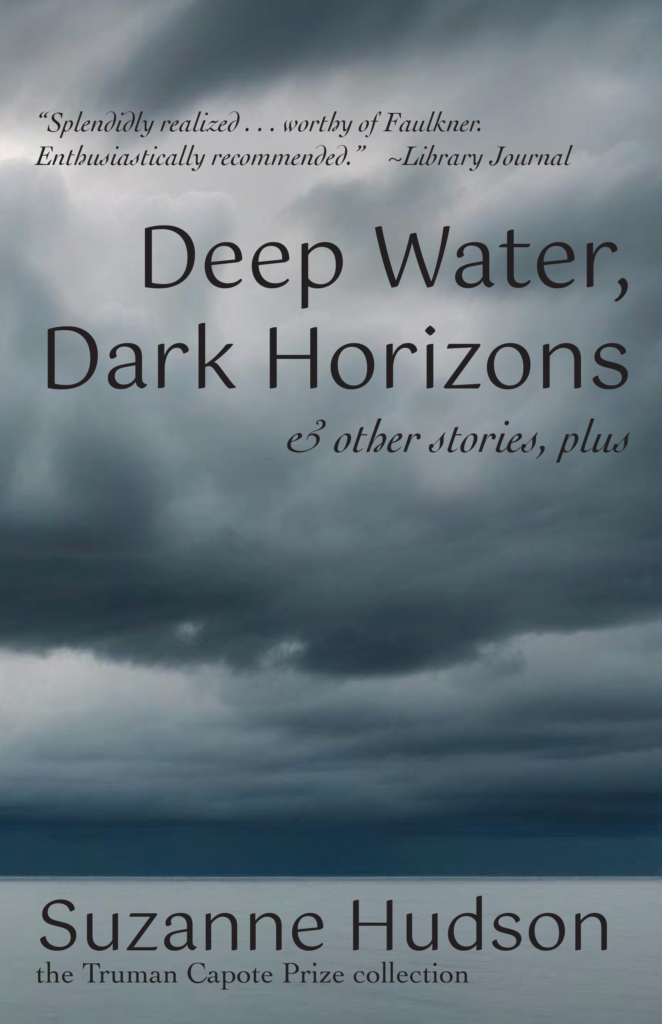reprinted with permission from www.workinprogressinprogress.com

Give us your elevator pitch: what’s your book about in 2-3 sentences?
It’s a compilation, an abridged body of work, mostly short fiction—plus a few novel excerpts and a couple of essays. Subject matter ranges from the absurdly comical to the dark and despairing, with hope woven throughout. The publisher moved fast to get it out ahead of the February 2025 Truman Capote prize.
Which story did you most enjoy creating? Why? And, which story gave you the most trouble, and why?
“The Fall of the Nixon Administration” is the story I had the most fun writing, because the characters are so outrageous, eccentric and self-deluded. One in particular has the filthiest mouth and says over-the-top nasty, perverted things, purely for shock value. It’s liberating to write what you’d not dare to actually say out loud. Or would I? That story was so much bawdy fun that it grew into a comic novel (of the same title). Note: it’s about a crazy dysfunctional family, not literally about Nixon, but set in 1974.
The most trouble? Well, since I dedicated the title story to my late brother, Wilson, who died of acute myeloid leukemia soon after working on beach cleanup after the Deep Water Horizon oil disaster, I needed the character based on him, Gary, to be drawn with care. I wouldn’t say it was “trouble” but I tried to be very mindful about it, and that was emotionally hard for me.
Tell us a bit about the highs and lows of your book’s road to publication.
Because I was informed about being the recipient of the Capote prize in November of 2024, and the award was to be presented to me at the end of February of 2025, the window for production was ridiculously small, requiring something like a miracle to get ‘er done. Since all of the work was previously published, editing wasn’t an issue (with a few exceptions), but design and all of the complexities related to that was . . . a challenge. The award itself was the high throughout the process. Those editorial exceptions—stories written back in the 1970s—were the lows, as looking at older work can be—was—mortifying and had to be carved up some—um, a lot. My Lord, the adverbs!
What’s your favorite piece of writing advice?
I’ve gotta go with that tired old saw, “write what you know.” And to steal from my husband, Joe Formichella, “If you can quit writing, do so.” A true writer can’t NOT write.
My favorite writing advice is “write until something surprises you.” What surprised you in the writing of this book?
How bad some of those old stories were! I hadn’t looked at them in ages, was in my 20s when I wrote them. I was surprised that I was glad I stepped away from writing for around 25 years (until 1999), because I was in dire need of life experience in order to have something to say.
What’s something about your book that you want readers to know?
I never hesitate to let readers know that my stuff ain’t for everybody. It’s pitch dark, with cockroaches skittering around the underbelly, mostly about folks living in the margins. It deals with domestic violence, depression, addiction, molestation, racism, all that mess that festers under the scab of southern culture. But I have fun, too! And I hope the funny comes across, even in the form of LOL.
*****